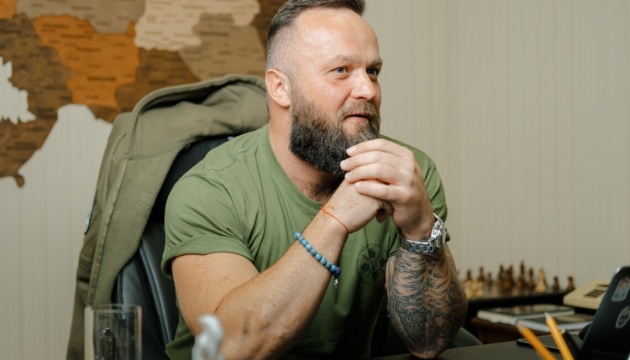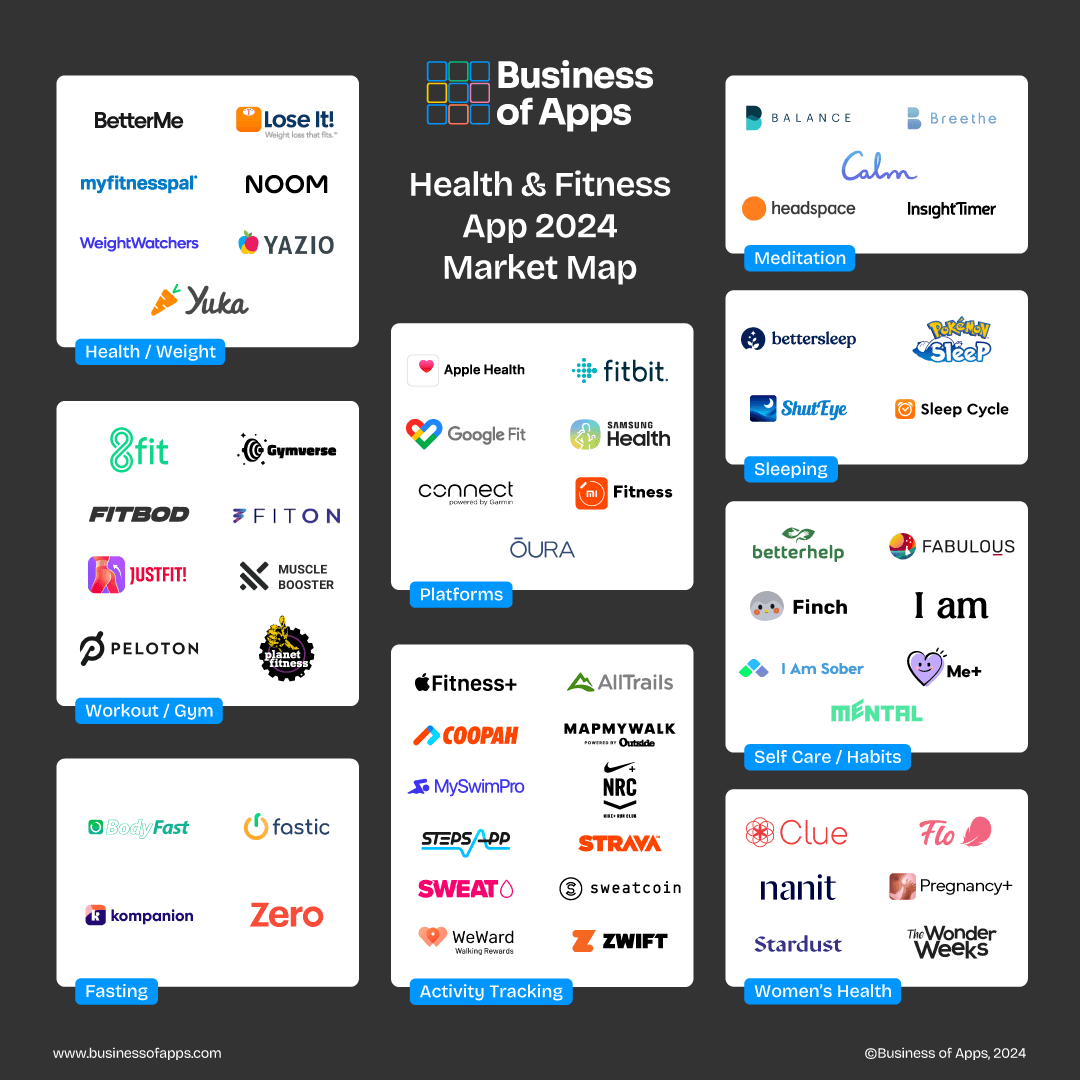Travel
Women at the wheel: the female taxi services bringing safety and independence to Bolivian travel

The first hint that something was wrong came when Jacqueline Diaz received a call at work from a friend. “You need to come here, to my shop, now. It’s urgent,” she was told. Diaz rushed to her friend’s shop in La Paz, Bolivia, where she found her daughter, Michelle, who was 12 at the time, crying and in shock.
That morning, on her way to school, a van had pulled up, the door opened and two men pulled her inside before speeding off.
Michelle managed to escape by jumping out of the vehicle when it slowed down going over an unpaved section of road. When she stopped running, she recognised the area and made her way to the shop owned by her mum’s friend.
“It really made a big impression on me,” says Diaz. “I realised how important the safety of our children is, because my daughter was kidnapped two blocks from school. Something clicked.” She reported the incident to the police, but no one was arrested.
The life-defining event pushed Diaz to learn how to drive, buy a car and work for Mujeres al Volante (Women at the Wheel), a taxi service exclusively for children, women and older people, for three years.
Mujeres al Volante was set up by Gabriela Strauss in 2017. At the time, Strauss was going through a divorce, had lost her job, was paying off a car, and had a five-year-old daughter. She needed an income.
Strauss had always been aware of the challenges facing parents when it came to transporting children. She was also aware of news reports of women being raped and kidnapped by taxi drivers. “I didn’t want any family to go through that,” she says. “Out of this came the idea to use my car and work to provide a safe and secure service for people’s loved ones.”
With three friends, she decided to set up a taxi service staffed by women for other women, children and older people. She worked as an Uber driver for a couple of months for research and refined her business plan. She then posted about her new business on Facebook. “It boomed,” she says. “People started to repost, repost, repost. It was crazy. I couldn’t believe it.”
Clients message or call a WhatsApp number to request a ride. They are sent a document with a photo of the driver and their name, along with a picture of their car and the licence plate details. The driver then gets in touch to arrange a pick up.
Prices are set at about five to 10 Bolivianos (60p-£1.15) above what you would pay for a standard taxi. With that, you are guaranteed a secure and personalised service, says Strauss. Drivers won’t leave children unaccompanied, even if it means having to park and wait until someone arrives to collect them. Strauss remembers one client – a six-month-old baby, who she used to pick up from the childminder because the mother was at work. “There have been many jobs where we really became a solution for families,” she says. “A normal driver wouldn’t do this.”
Seven years on from its inception, 38 women and seven men work as drivers for Mujeres al Volante. The male drivers are used for jobs that require heavy lifting, for example, if a client uses a wheelchair. The company has won awards, and an app is being developed.
It has also been a lifeline for women looking to earn money, whether they are single mothers who need flexible work, or are over 45 and struggling to gain employment in a job market geared towards the young.
Since Mujeres al Volante began, similar taxi companies have been set up by women, for women, in Bolivia. There is Linea Lila in El Alto, a city next to La Paz, and Cumita Móvil in Tarija, in southern Bolivia.
after newsletter promotion
Linea Lila is one strand of a series of offerings from the Central for Productive and Entrepreneurial Women of El Alto (Cemupe), an organisation founded in response to the murder of a woman. It also provides training in areas such as makeup, nails, flower arranging, baking and food services.
Bolivia has one of the highest rates of sexual violence in Latin America. In 2021, the country had one of the highest incidences of femicide in South America. In a 2016 study, 75% of women living in urban areas and 71% in rural areas reported having suffered some type of violence at the hands of their partner.
Eighty women work as drivers for Linea Lila with about 20 available on a given day. Most have been subjected to violence, according to Julia Quispe, the executive secretary, who is a member of the Aymara Indigenous group.
“Sometimes, women don’t want to leave their husband because they say, ‘Who is going to give me money? How will I afford anything?’” says Quispe. “So they put up with all the mistreatment at home.”
She adds: “Some have escaped [abusive relationships] and have seen transport as a livelihood.”
As well as lessons for women who want to learn to drive, Linea Lila offers classes on the psychological effects of abuse, legal advice and women’s rights, among other topics.
Both Quispe and Strauss have plans to expand. They want their services to be available to all and would like to operate minibus routes, which are cheaper, and so accessible to a greater number of people.
Strauss thinks similar services should be available in every country. “People’s safety and the violation of women’s rights is not specific to Bolivia,” she says. “All over the world, the most vulnerable sectors of society are women, children and elderly people.”









